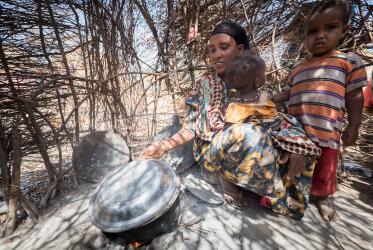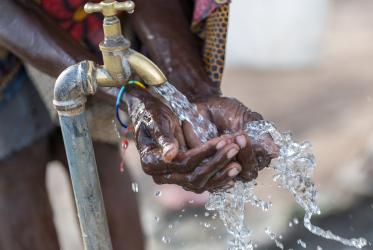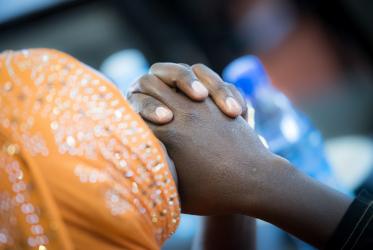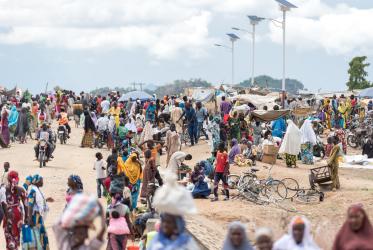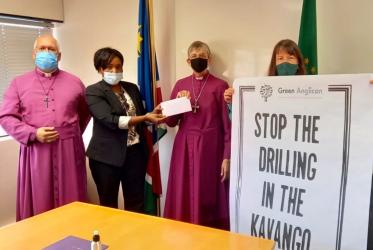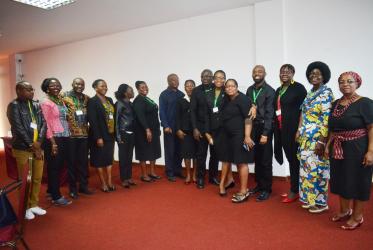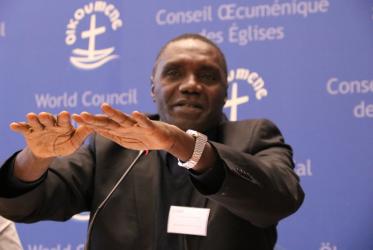Displaying 1 - 20 of 34
11 April 2024
Agreement works toward food security in South Sudan
23 February 2019
Pan African Women of Faith issue fervent Call to Action
20 November 2018
Diakonia: “a tool to reach abundance of life”
24 July 2018

